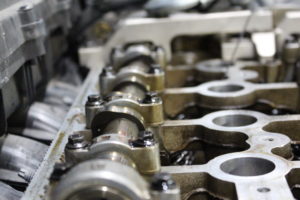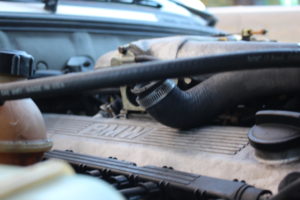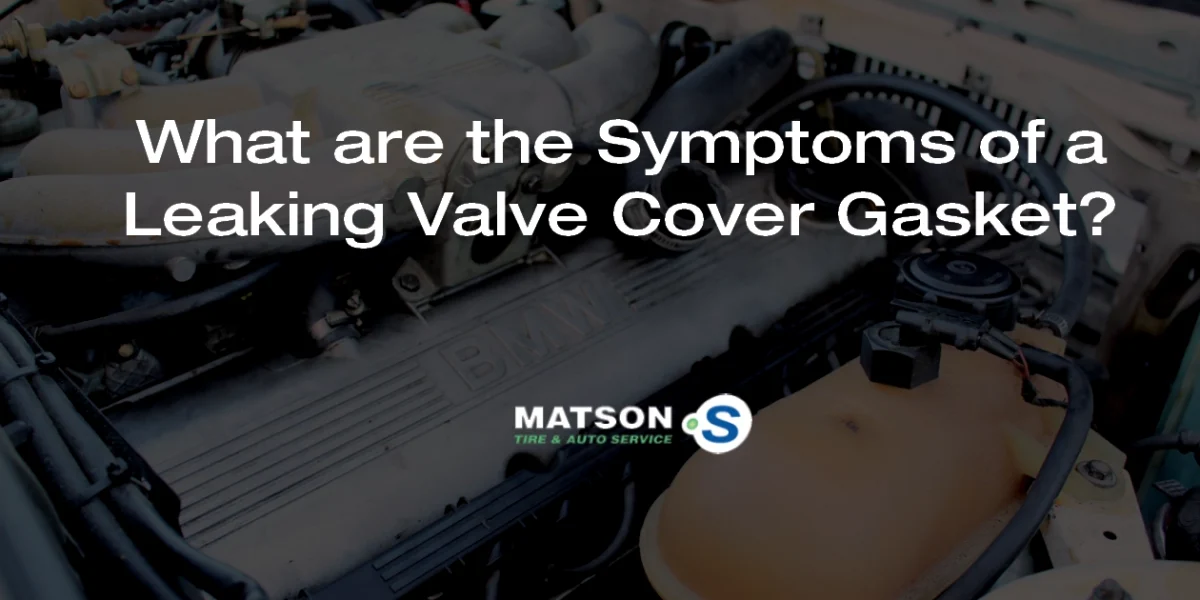The many gaskets we have in our cars are a small but essential piece in keeping the vehicle running safely and smoothly. There are gaskets in nearly every system within the engine, all working to keep essential fluids like oil where they should be.
Keeping oil in the engine is just as important as having oil in the first place, and that wouldn’t be possible without silicone and rubber gaskets. Metal on metal connections do not form a proper seal, and would allow oil to seep out of where it needs to be.
What Does the Valve Cover Gasket Do?
The valve cover protects some of the most vital and carefully calibrated parts of your vehicle, and keeps the high pressure oil there to lubricate it all. The valve cover gasket is exactly what it sounds like, a gasket for the valve cover. It essentially maintains the seal between the valve cover and the cylinder head, and prevents oil from escaping.

The gasket is usually made of silicone, rubber, or cork and provides a cushion for the seal. With use though, the gasket is gradually worn down by the oil and heat and can eventually no longer properly serve its purpose.
What Happens When the Gasket Goes Bad?
As oil starts to leave the system, there are a host of issues that can come up. As your engine loses oil, the wear on internal components increases.. Low oil levels can lead to catastrophic problems for your engine, and despite a gasket replacement costing a little upfront, it’ll save massive headaches for you and your wallet down the line.
How do I know if my valve cover gasket is bad?
A bad valve cover gasket has multiple different symptoms, some that are similar to other issues with your engine and some that are unique to the specific gasket. Some of the symptoms that can be signs of a bad gasket include:
Visible Oil Leaks
When oil is able to escape, it’ll often leak onto different parts of the engine that may be visible when you pop your hood. Other times, it can drip all the way to the ground and you’ll be left with a blackish brown stain on your driveway under the engine bay. Keep an eye out for these leaks, as having an engine soaked in oil is a good indicator that something isn’t right.
Low Engine Oil
With an oil leak comes the accompanying low oil light. If you have an oil light illuminated on your dash or suspect low oil, shut off your car and check your dipstick, as running with low oil can be harmful for your engine even in short periods of time. If you know you have low oil, top off your engine immediately and bring your car to an expert
Smell of Burning Oil
Often when oil is leaking from the valve cover, it can drip onto extremely hot parts in your engine such as the exhaust pipes or engine block. If you smell burning oil it means your engine is losing oil, and may have or will soon reach dangerously low levels. If you smell this distinct smell, make sure to take it into a service shop to locate and fix the source of the leak.
Misfires
With a bad gasket, the oil is able to leak into the spark plug wells and eventually soak the spark plugs. This can result in your engine misfiring, which is the failure of a cylinder to ignite during the engine’s cycle. Misfires will result in reduced performance, and the spark plugs will need to be replaced. In serious cases, misfires can even lead to engine fires. It’s important to look for misfire codes on your dash, and take your car in for service as soon as you see one. In severe instances, you might see your check engine light blinking repeatedly. You should pull over immediately and have your car towed to a professional, as driving with a severe misfire can cause extremely expensive damage to your catalytic converters.

Valve Cover Gasket Service at Matson Point S
If you suspect a problem with your valve cover gasket, or any other gaskets for that matter, Matson Point S has you covered at our Riverton repair shop. Our experienced and certified technicians will make sure your car is all buttoned up so it can spend more time on the road and not in the shop. Call or schedule an appointment online with us today!

